Travel is one of the most powerful tools for personal growth and discovery. It allows us to step outside the boundaries of our daily lives and routines and experience something new, something bigger than ourselves. It challenges us to adapt, learn, and connect with the world around us. Whether it’s a short weekend getaway or a long-term international journey, travel has the ability to transform how we see the world—and how we see ourselves.
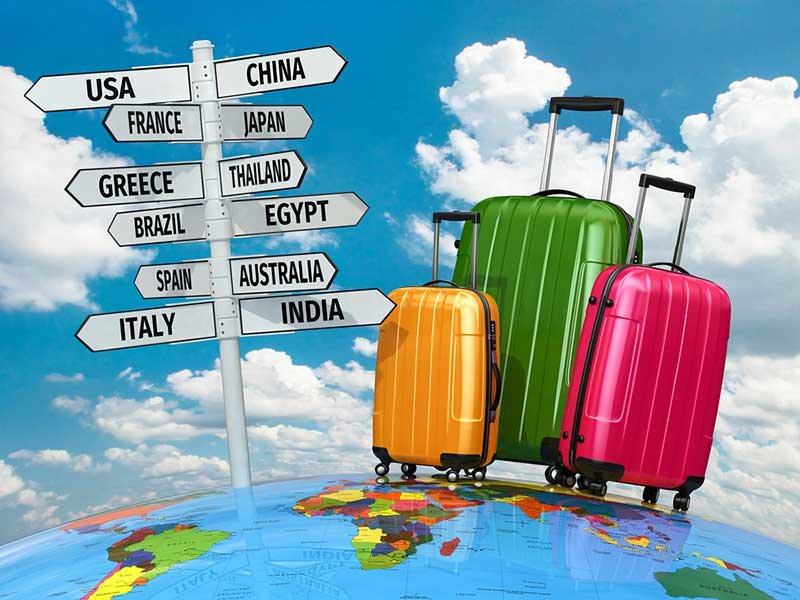
Travel as an Escape and a Return
One of the most common reasons people travel is to take a break—to escape from the stress of work, school, or everyday responsibilities. A change of scenery can do wonders for the mind and body. Relaxing on a beach, hiking through nature, or exploring a new city gives the brain a rest from routine and opens space for creativity, rest, and reflection.
But in escaping, we also return to something essential. Many travelers report that after a trip, they come home with a deeper appreciation for their lives, their relationships, and even their culture. Travel shows us what we take for granted, and it often inspires us to make positive changes in our everyday lives.
Discovering New Cultures
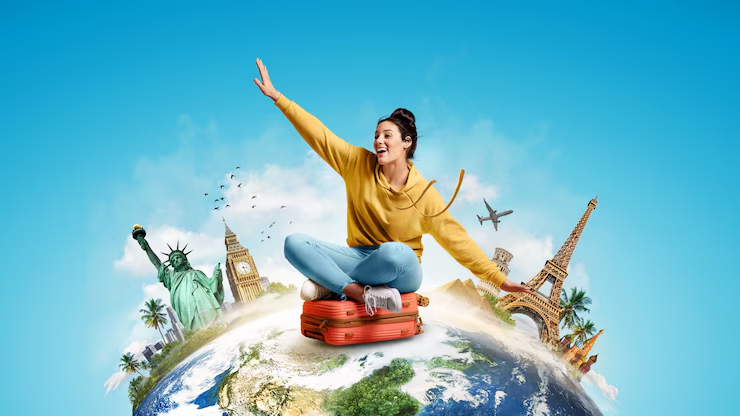
One of the most enriching aspects of travel is experiencing different cultures. Every place has its own history, traditions, foods, music, and values. When we travel, we have the opportunity to see the world through someone else’s eyes.
Learning how others live opens our minds and hearts. Eating a traditional meal with a local family, participating in a cultural festival, or even just observing daily routines teaches us respect and appreciation for diversity. These experiences help reduce prejudice and foster mutual understanding between people of different backgrounds.
Learning Through Experience
Travel is often referred to as the best form of education. Unlike textbooks or documentaries, travel lets you live the lesson. History becomes real when you visit ancient ruins. Geography makes sense when you walk through a desert or see glaciers for the first time. Art becomes more powerful when you stand before a masterpiece in its country of origin.
Travel also improves communication and problem-solving skills. Whether you’re navigating a foreign subway system, ordering food in a different language, or dealing with a missed flight, every challenge builds your confidence and teaches you something new.

Building Human Connections
Some of the most memorable parts of any journey are the people we meet. Travel allows for genuine human interaction across language barriers, backgrounds, and borders. Sharing a story, helping a stranger, or simply exchanging smiles can create a lasting impact.
Conversations with locals often reveal things no guidebook can. They might suggest a hidden trail, share a personal story, or offer insights into local politics, culture, or history. These connections add depth to our understanding and remind us of our shared humanity.
The Joy of Trying Something New
Travel often pushes us out of our comfort zones. Trying new foods, exploring unfamiliar places, and taking on unexpected adventures bring joy, excitement, and sometimes fear—but always growth.
Whether you’re zip-lining in a rainforest, joining a cooking class in Thailand, or dancing in a traditional African village, these experiences stay with you. They expand your sense of what’s possible and give you stories that last a lifetime.
Trying something new doesn’t always require an adrenaline rush—it can be as simple as starting a conversation with someone from a different culture or walking down an unknown street. These small acts of bravery build confidence and character.
Traveling Solo
Traveling alone can be one of the most liberating and enlightening experiences. Without the influence of others, you make every decision—where to go, what to eat, how to spend your time. This independence can lead to profound self-discovery.
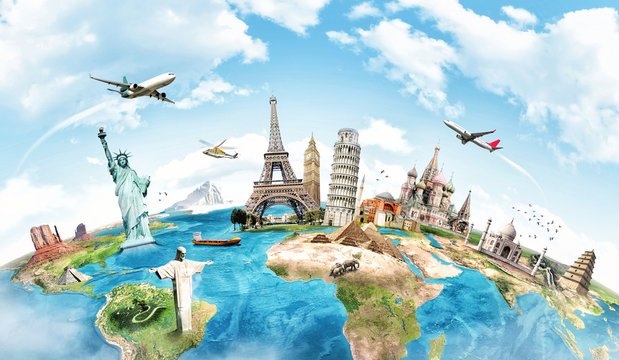
Solo travel encourages self-reflection. With time alone, you’re free to explore your thoughts, dreams, and goals without distraction. It also helps you meet new people because you’re more likely to engage with locals or other travelers when you’re on your own.
Many solo travelers report feeling more capable, self-aware, and empowered after their journeys.
The Mental and Emotional Benefits
Travel is good for the mind. Studies show that taking breaks and spending time in new environments reduces stress, boosts mood, and improves overall mental health. Nature-based travel—like hiking, camping, or visiting national parks—is especially calming and restorative.
Beyond relaxation, travel also strengthens emotional resilience. Dealing with unfamiliar situations, handling setbacks, and navigating foreign cultures teaches you patience, flexibility, and perseverance. These are life skills that benefit you long after your trip is over.
Travel and Creativity
Being in a new place can ignite your creativity. Artists, writers, musicians, and innovators throughout history have found inspiration from their travels. When you remove yourself from the familiar, your brain makes new connections. You see problems in a different light and come up with solutions that wouldn’t have occurred in your normal routine.
Creative breakthroughs often happen when you allow your mind to wander, and travel provides the perfect environment for this kind of thinking. Even if you’re not an artist, travel can help you approach your life and work with renewed energy and imagination.
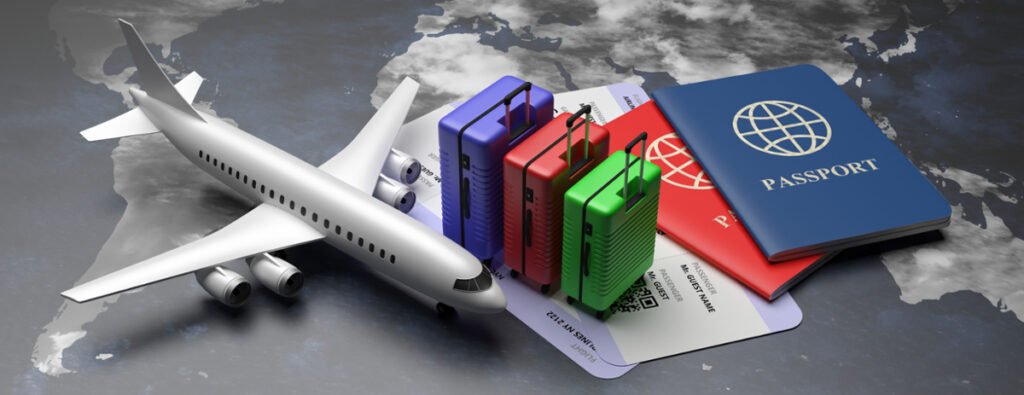
Responsible and Sustainable Travel
As much as travel benefits individuals, it must also be done responsibly. The tourism industry can have negative effects on the environment, local communities, and cultural sites if not managed carefully. Travelers have a responsibility to minimize harm and contribute positively.
This includes respecting local customs, supporting small businesses, avoiding exploitative activities (like unethical animal tourism), and being conscious of your environmental footprint. Choosing eco-friendly accommodations, reducing plastic waste, and traveling off-season are just a few ways to travel more sustainably.
When you travel with intention and respect, you not only enjoy a richer experience—you help preserve the places you love for future generations.
Travel Close to Home
You don’t need to go far to feel the benefits of travel. Exploring your own city, region, or country can be just as rewarding as an international trip. Often, we overlook the beauty and culture around us because it feels too familiar.
Take a weekend to visit a nearby town, try a new hiking trail, or attend a local cultural event. These small adventures offer many of the same joys and lessons as travel abroad, and they’re often more affordable and accessible.
Local travel also reduces your carbon footprint and supports your local economy—a win-win for both you and your community.
The Journey Continues
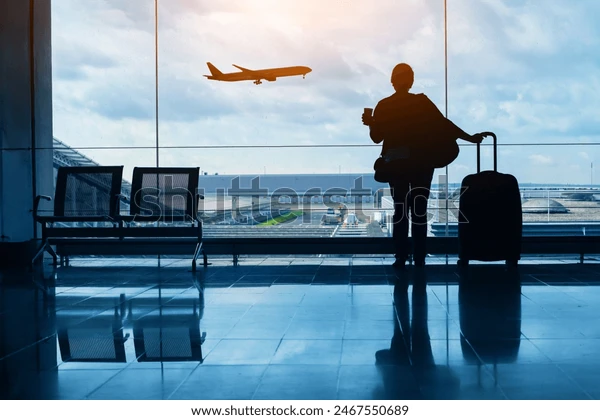
Travel doesn’t end when you return home. The lessons stay with you. The people you meet, the things you learn, and the challenges you overcome all shape who you are. In fact, many travelers say that the experience changes how they live—from their eating habits to their relationships to their worldviews.
Looking back on a trip can also bring joy in difficult times. Memories of laughter, beauty, and discovery remind us of what’s possible and help us stay curious and open-minded.
Travel becomes part of your identity. Every trip adds a new chapter to your life story.
Final Thoughts
Travel is more than a way to see new places—it’s a way to grow, connect, and live more fully. It opens the heart, sharpens the mind, and fuels the spirit. Whether you travel alone or with others, near or far, each journey has the power to teach and transform.
So pack your bag, open your mind, and step into the world. There’s so much to explore—not just in places, but in people, in cultures, and in yourself. The road is waiting, and every journey begins with a single step.